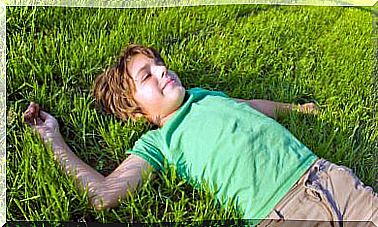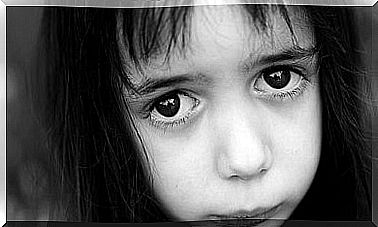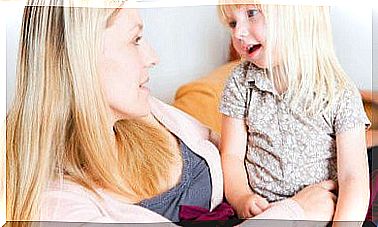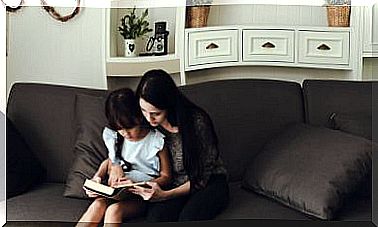What Does Your Child Need To Know Before Starting To Read?
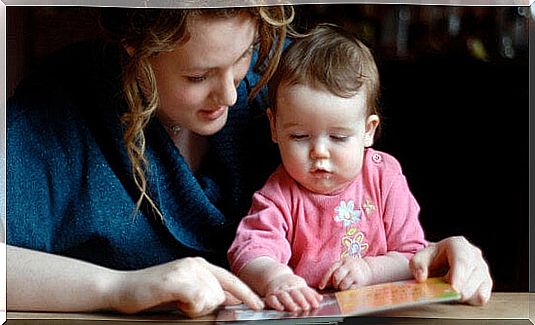
Most people think that children start reading the day they do their first reading book lesson or when they learn the letters of the alphabet. Really the brain of the new readers begins to work much earlier in this. Have you ever wondered what your child needs to know before starting to read?
Development of phonological awareness
Phonological awareness is the ability that people have to reflect on the sounds of speech, that is, it is to be able to know how the letters “sound” separately, how I must place them in succession to form a certain word, it is to be able to segment a word into the sounds that compose it. So, phonological awareness is perhaps the most important pillar your little one should develop before the great day when he first reads “mom.”
Skills that make up phonological awareness
Phonological awareness is made up of several skills that are developed in kindergarten and that we share with you here so that you can play with them at home.
1. Rhymes
The ability to auditory distinguish similar sounds is very important when preparing for reading. This is why at school you play to learn poetry, rhymes and tongue twisters. Teach your child traditional rhymes and poetry, play to catch tongue twisters, that will entertain him, allow him to develop his phonological awareness and it is also a wonderful means to transmit cultural traditions. You can start from 3 years old and keep it throughout the process, you will see that each time they do it better and enjoy it more.
They can also play to find words that rhyme, for example: what rhymes with truck? plane, ham, lounge, sorry …
2. Distinguish the initial sound of words
Children should be able to hear a word and isolate the initial sound, only the initial sound, not the initial syllable. It is always easier to start with words whose initial sound is vowels and later incorporate those that begin with consonants, prefer the consonants of evident and strong sound such as “r”, “s”, “m”, “f” and leave for then the sounds that are auditively more difficult to isolate as “t” or “b”. For example, for “water” they should name the “a” and for “shirt” the sound / c /
You can play games similar to rhymes to find words that start with a certain letter or tell them the word and have them mention the initial sound to you. You can do it aurally or by searching for images.

3.- Distinguish the final sound of a word
It consists of being able to listen and isolate the final sound of a word. It is a skill a little more complex than the previous one but it is always a lot of fun. Remember that they should isolate the final sound, not the final syllable. Thus, for “cat” the final sound is / o / and for “sea” the final sound is / r /.
They can try activities similar to the previous ones: guess the final sound by saying the word to them or by giving the final sound so that they think about the words.
There is also a very fun game where the first player mentions a word and the next player has to think of a word that begins with the first player’s final sound and so on. Here’s an example: house – love – red – eye – oscar – king – church …
4. Separate in syllables
Even if the little ones cannot read or write yet, they can separate the sounds that make up words into syllables. They can do this by slapping each syllable or tapping on the table. They can also do it by jumping or drawing lines, one for each syllable.
5. Distinguish short and long words
Children need to be able to distinguish when one word “sounds long” like “ant” and when another “sounds short” like “bear”. Here it is important that you know that you should not show the written word, they must arrive at the answer from what they hear, it is an auditory activity like all those that serve to develop the skills of phonological awareness.
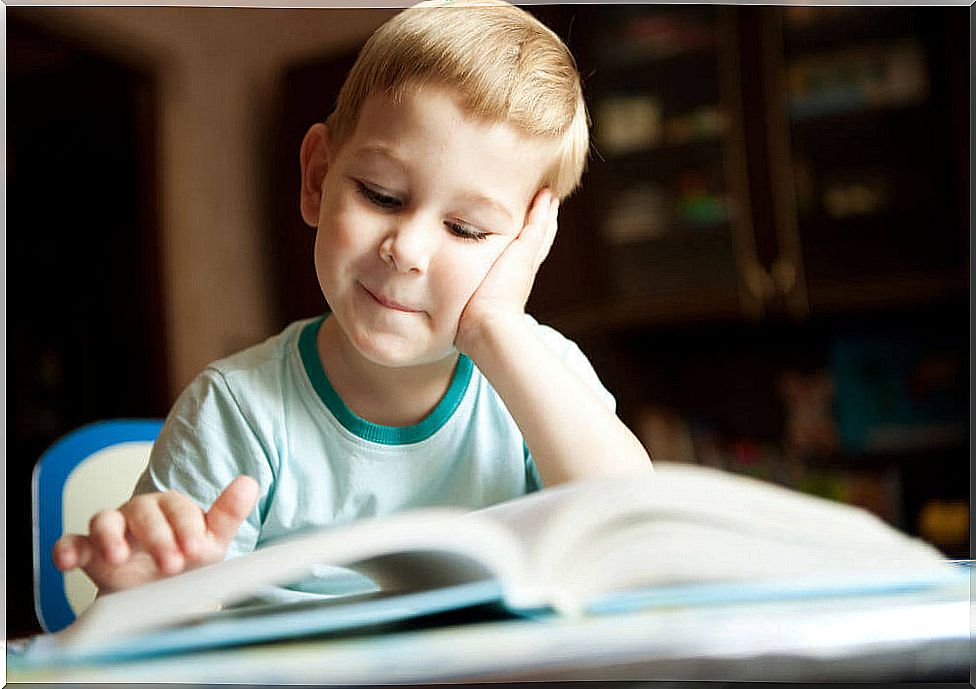
At first you will see that it is very funny that the little ones always associate the size of the word with its referent in reality, so for them, bear must be a word longer than ant.
When playing, be sure to be emphatic and even exaggerate a bit with the length of the words to make it easier for them to notice which words are short and which words are long.
6. Rotate and substitute phonemes
This is perhaps one of the last skills to be achieved and that usually coincides with the formal beginning, as we know it, from learning to read. It consists of being able to eliminate a phoneme from a word and know what is left, for example if I remove the sound / p / from the word “palette”, it remains “fin”. They should also be able to add new phonemes, that is, now put an “m” and it will say “suitcase”
It is important that they try to do it first with the initial phoneme as it is more obvious to them, but then try it with the end and even with the phonemes in the middle of the word.
Know the alphabet
It is extremely important that children know the alphabet and that they know how to say how each letter sounds, repeating it like a string is useless. This is that when you see this image “S” they know what / ssssssss / sounds like if they know that it is called “that” it is fine, but the main thing is that they know how it sounds. This is how they should do with each of the letters of the alphabet.
Orthography
You must bear in mind that phonological awareness is a skill that is developed with the sound of letters, so it is totally valid for children to mention within the group of words that begin with “e” the word helicopter, or to say that shoe start with “s”.



